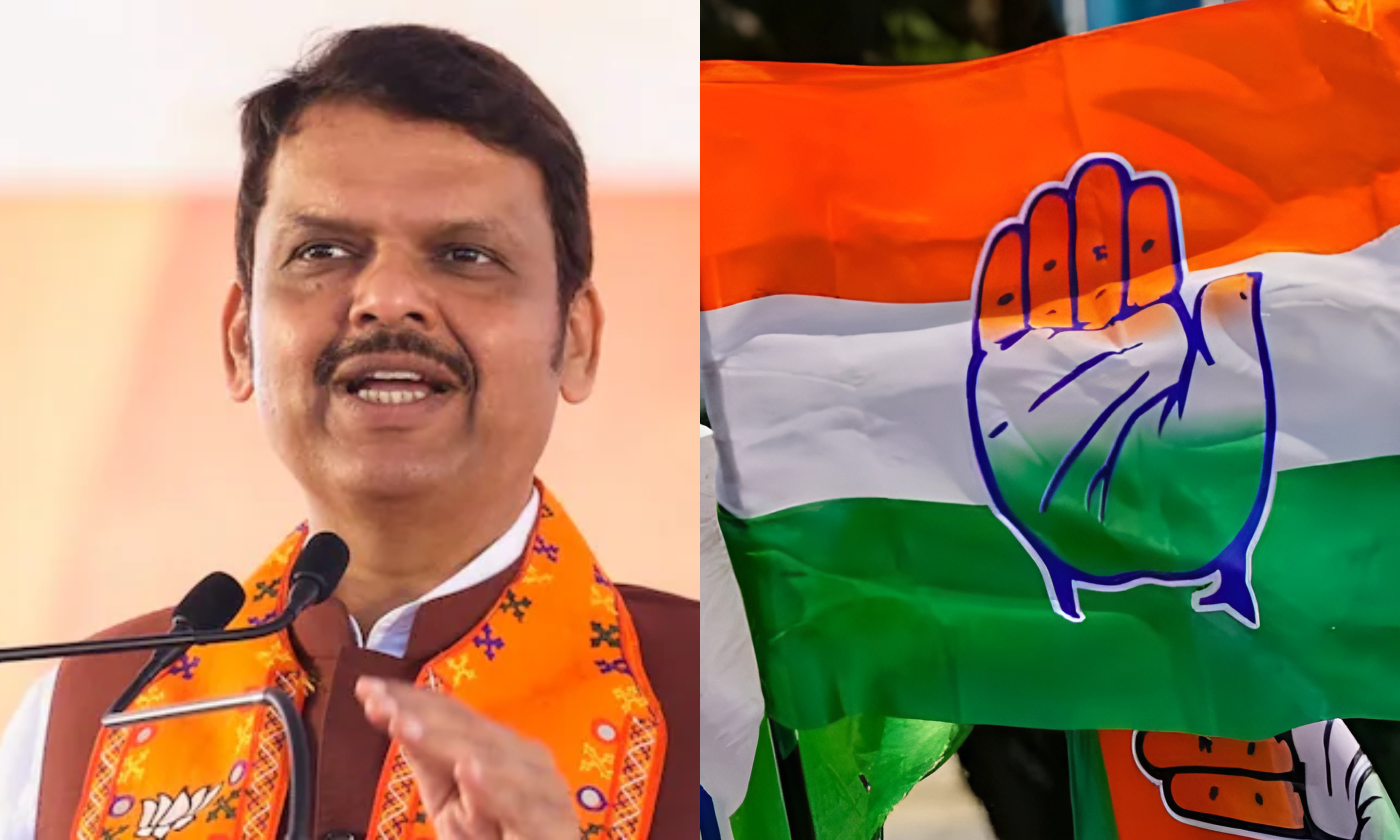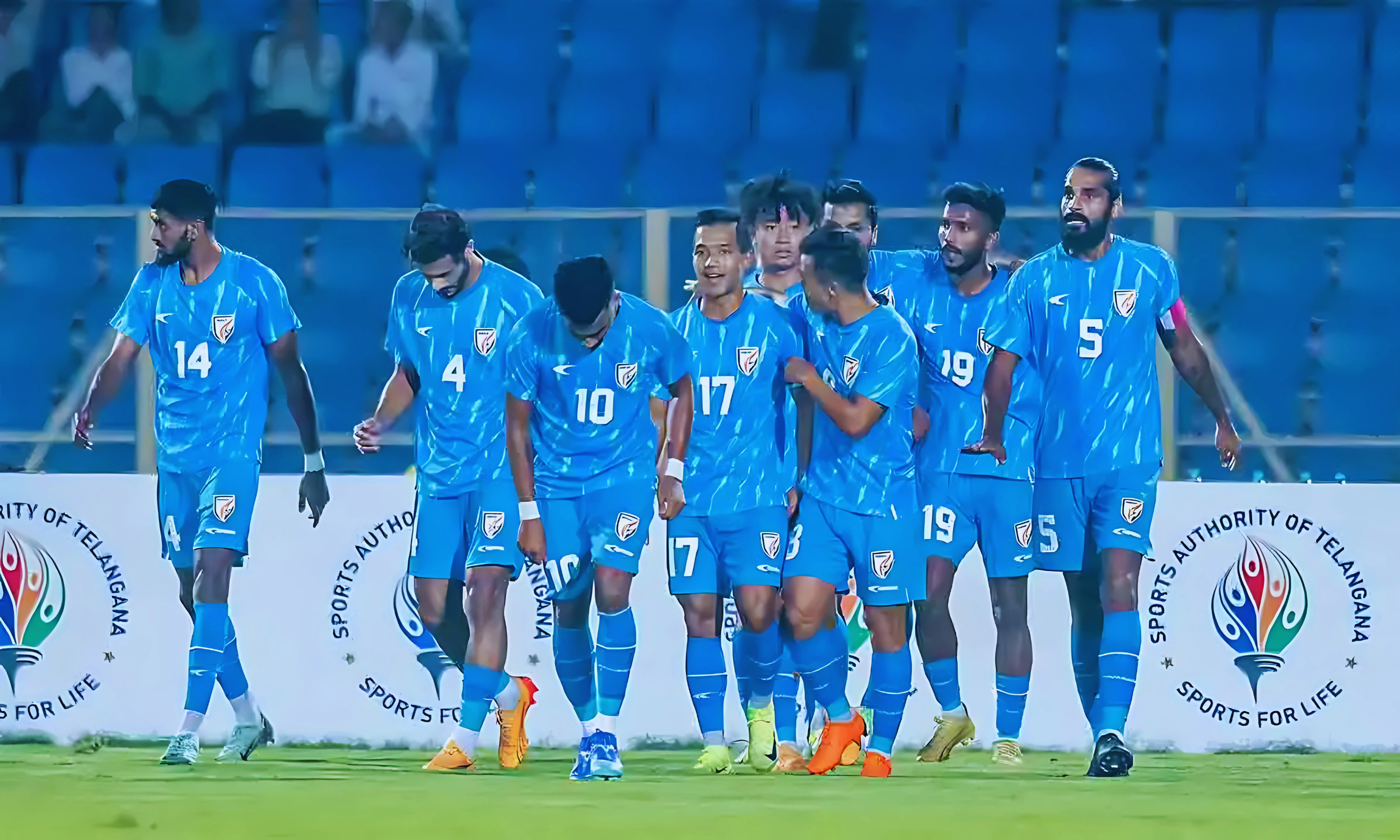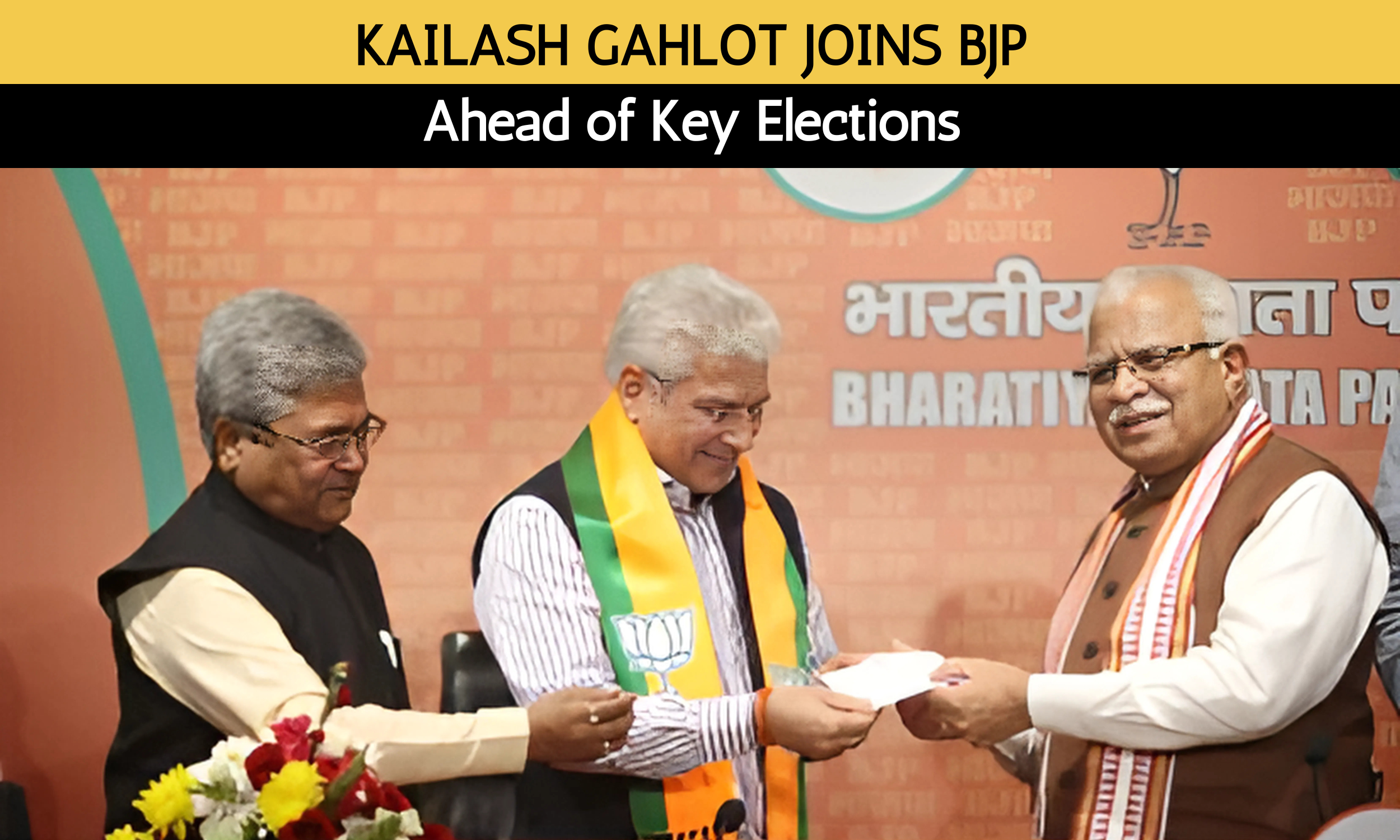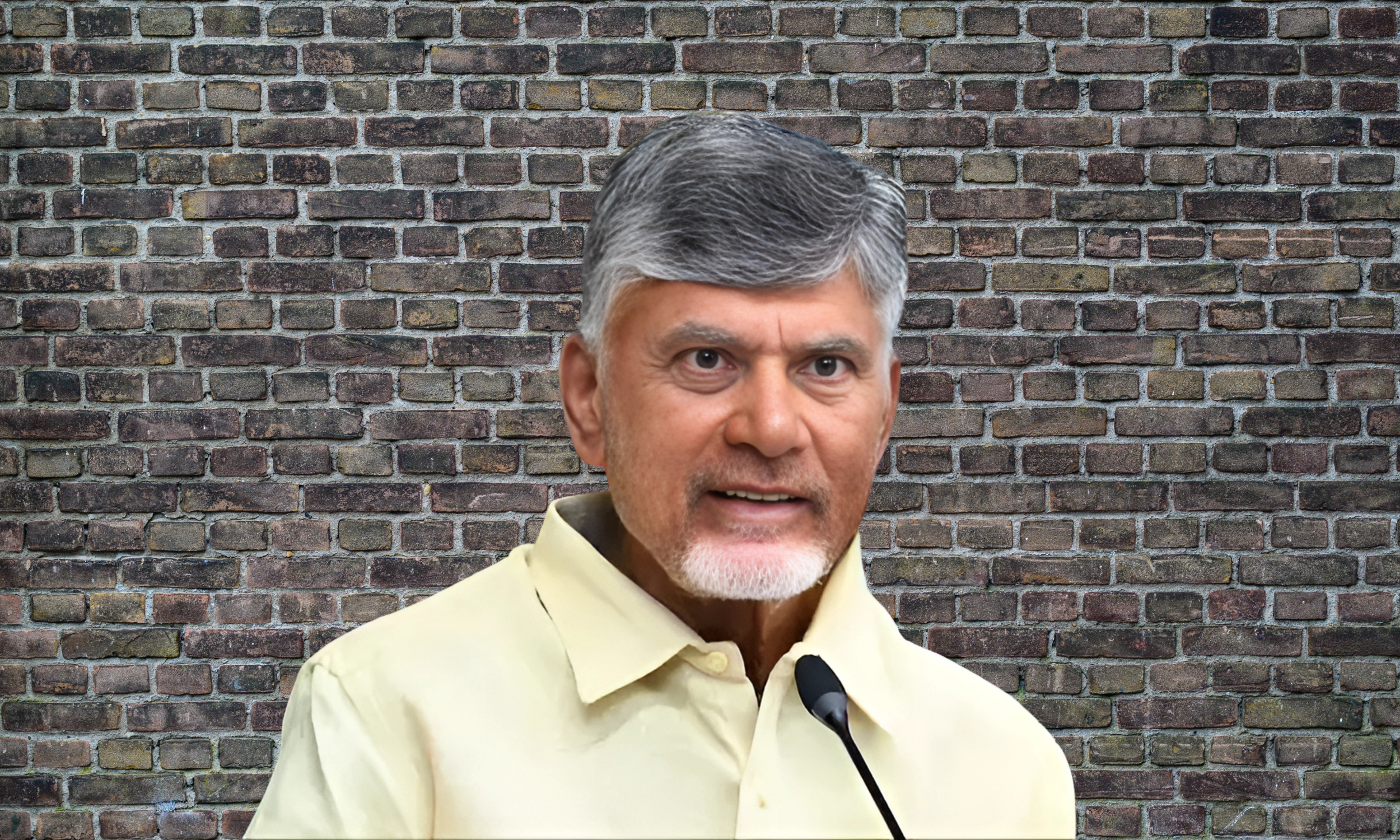Kanhaiya Kumar Criticizes Devendra Fadnavis, Questions Leaders’ Priorities

Congress leader Kanhaiya Kumar took aim at Maharashtra’s Deputy Chief Minister Devendra Fadnavis during a rally in Nagpur, accusing him of promoting divisive rhetoric and questioning why ordinary citizens are expected to “save religion” while the political elite lives in comfort.
Addressing the crowd ahead of the Maharashtra assembly elections, Kanhaiya urged people to hold politicians accountable for their actions and arrogance.
The comments appeared to target Fadnavis, who is contesting from the Nagpur Southwest constituency, facing Congress candidate Prafulla Gudadhe. Without directly naming her, Kanhaiya also criticized Fadnavis’s wife, Amruta Fadnavis, a trained classical singer and banker, for her active presence on social media.
“If this is a ‘dharma yudh’ (religious war), then the public should question leaders who lecture them about saving religion. Ask if their own sons and daughters will join this fight. Why is it that the people are told to save religion while these leaders’ children study abroad? Why is it that the public must save religion while the Deputy Chief Minister’s wife makes Instagram reels?” Kanhaiya Kumar remarked.
Criticism Extends to Amit Shah’s Son
In his speech, Kanhaiya also targeted Home Minister Amit Shah’s son, Jay Shah, who holds the position of International Cricket Council (ICC) chairperson. Kanhaiya accused Shah of benefiting from privilege while ordinary people are fed unrealistic dreams.
“Will Amit Shah’s son join the fight to save religion? He is busy forming IPL teams while we are told to make teams on Dream 11. They promise dreams of becoming cricketers, but we end up as gamblers,” he stated, highlighting the contrast between the elite and common people.
BJP’s Reaction
The BJP quickly responded to Kanhaiya’s remarks, with party spokesperson Shehzad Poonawalla condemning the comments about Amruta Fadnavis as an insult to Marathi women. Poonawalla also accused Kanhaiya of supporting anti-national activities, referencing his controversial arrest in 2016 on charges of sedition following an event at Jawaharlal Nehru University (JNU).
Devendra Fadnavis defended his wife and criticized Congress for resorting to personal attacks. Speaking to ANI, he said, “Over the years, my wife and I have endured a lot.
The opposition investigated every aspect of my life, but when they found nothing, they resorted to personal insults.” Fadnavis dismissed the comments as a desperate attempt by opponents to malign his reputation.
He further criticized those who made memes and inappropriate remarks about Amruta Fadnavis, calling their behavior disgraceful. “If you want to challenge me, do it directly. These personal attacks are shameful,” Fadnavis stated, urging his detractors to focus on substantial issues.
Fadnavis’s ‘Vote Jihad’ Allegations
The remarks by Kanhaiya Kumar come days after Fadnavis stirred controversy by alleging that the BJP’s losses in Maharashtra’s Lok Sabha elections were due to “vote jihad.”
He claimed that a specific community consolidated its votes against the BJP, leading to the success of the opposition Maha Vikas Aghadi in several constituencies.
Fadnavis highlighted Malegaon as an example, alleging that the voting pattern contributed to the Mahayuti’s loss in the Dhule Lok Sabha seat. He called for Hindu unity and urged voters to treat the assembly elections as a “vote dharmyudh” to counter such tactics.
A Heated Electoral Battle Ahead
As Maharashtra prepares for assembly elections on November 20, the stage is set for a fierce contest between the ruling Mahayuti coalition—comprising the BJP, Shiv Sena, and NCP—and the opposition Maha Vikas Aghadi, which includes Congress, Shiv Sena (UBT), and NCP factions. Nagpur Southwest, where Fadnavis is contesting, remains a key battleground.
While the BJP seeks to consolidate its hold on the state, Congress and its allies are rallying to capitalize on voter discontent. Both sides are leveraging high-profile leaders and fiery rhetoric to sway public opinion in the crucial days leading up to the elections.







